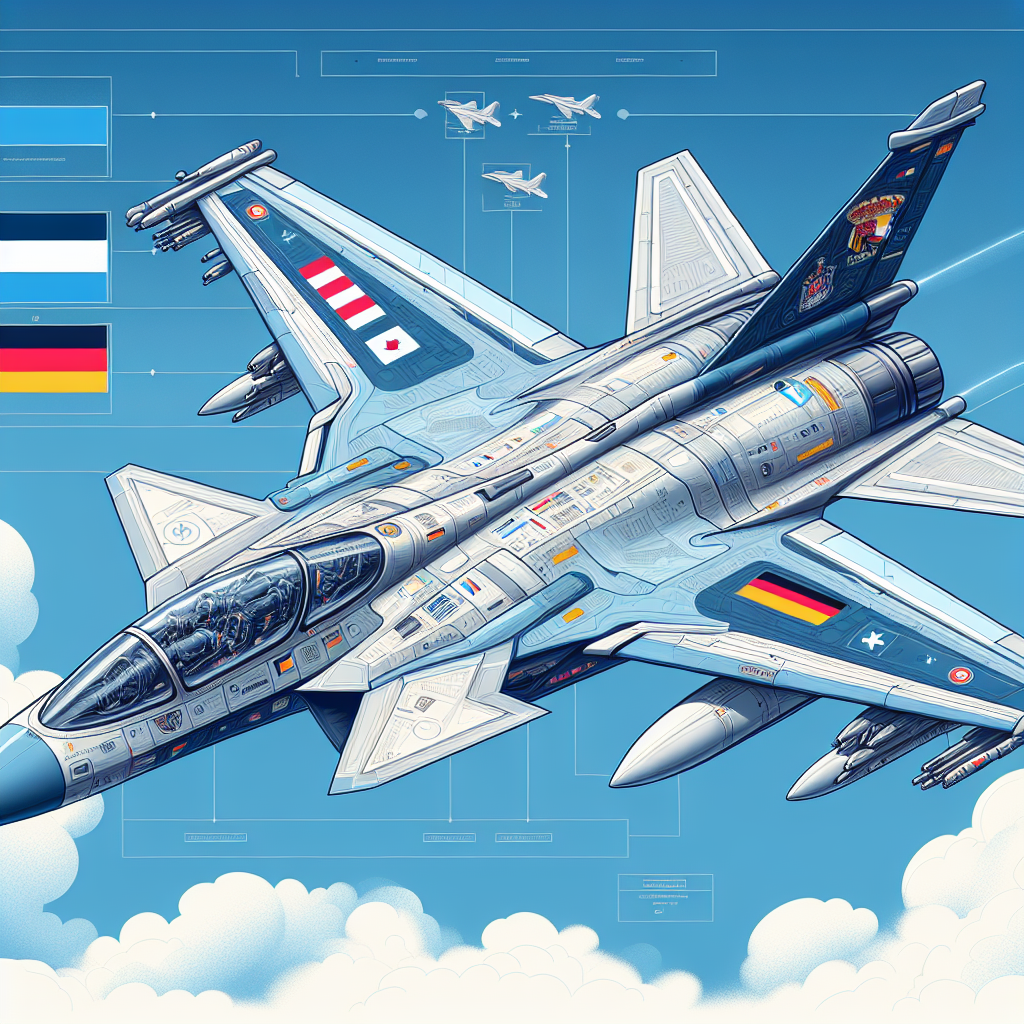France and Germany Aim for Breakthrough in Fighter Jet Project
German Chancellor Friedrich Merz and French President Emmanuel Macron are committed to overcoming disagreements in the FCAS fighter jet project by August. They discussed the project, plagued by delays and disputes over workshare and intellectual property, with the aim of future cooperation among Dassault Aviation, Airbus, and Indra.

In a bid to bridge existing rifts, German Chancellor Friedrich Merz and French President Emmanuel Macron have agreed to resolve standing differences on the FCAS Franco-German-Spanish fighter jet project by August's end, according to a spokesperson from the German government. The notable defense project, exceeding 100 billion euros, has suffered from persistent delays and internal disputes predominantly revolving around workshare distribution and intellectual property rights.
The pivotal meeting between the two leaders on the outskirts of Berlin set the stage for their defense ministers to evaluate and shape a realistic strategy for ongoing cooperation within the FCAS consortium by the proposed deadline. The ministers have been charged with submitting actionable proposals aimed at reconciling the currently unresolved issues plaguing the project.
Notably, the FCAS venture includes significant contributions from Dassault Aviation, Airbus, and Indra. France, seeking approximately 80% of the project workshare, has been at odds with Germany, which expects Dassault to adhere to pre-existing agreements. MTU Aero Engines' outgoing CEO Lars Wagner expressed optimism following these developments, especially as MTU plans to develop the fighter jet's engine with France's Safran. Moving past this phase, Wagner hopes for progression into the next segment of the project.
(With inputs from agencies.)










